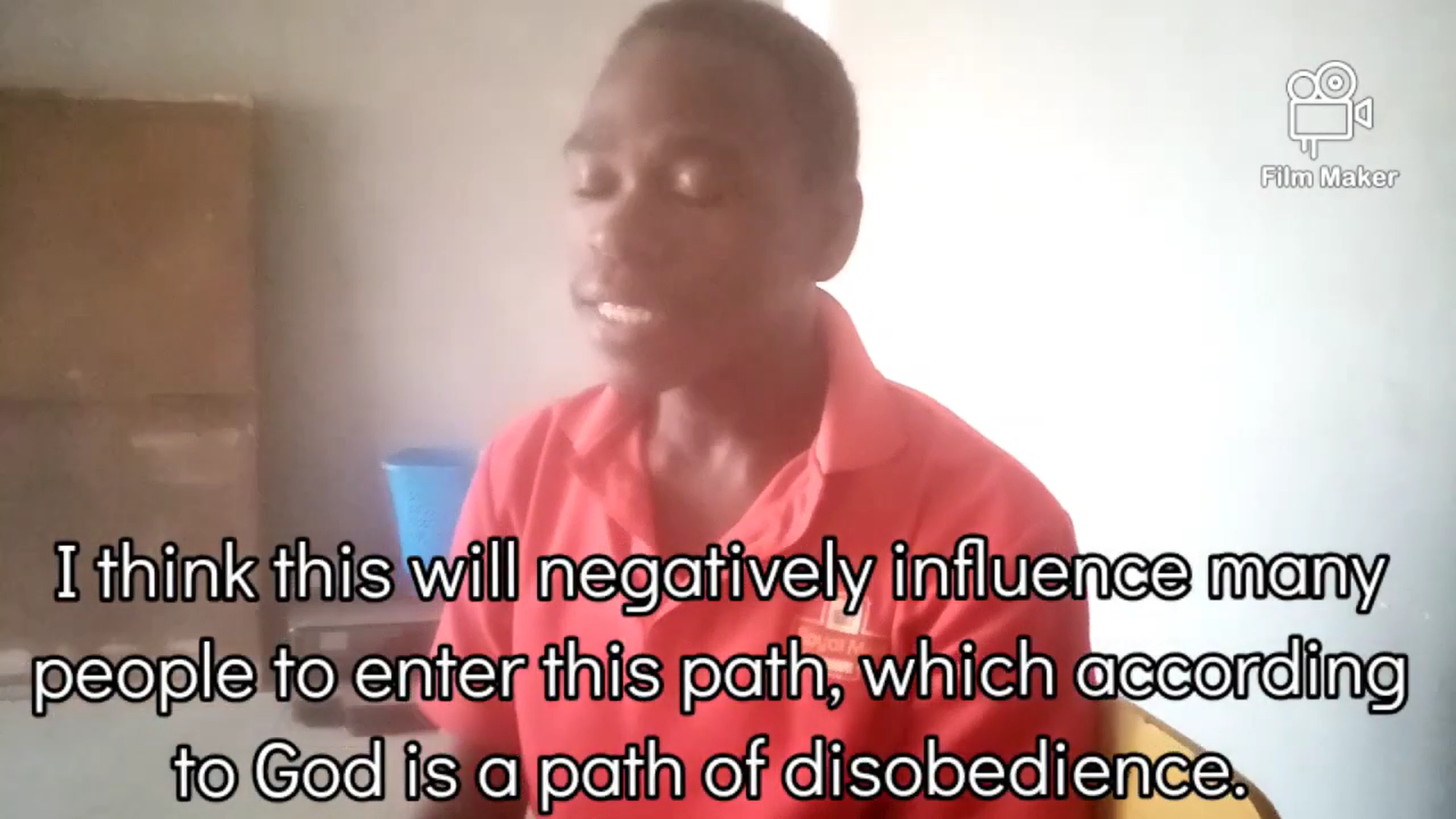Welcome to Room 1!
The SDGs have a guiding principle that “no one will be left behind” and a commitment to prioritizing the poorest and most marginalized. The African Union’s Agenda 2063 has similar commitments to including and prioritizing the poorest and most marginalized in development efforts. There is wide-spread evidence that sexual and gender minorities are often among the most socially, politically and economically marginalized populations and thus require specific consideration and targeted inclusion to realize the vision of the SDGs.
The SDGs therefore present an opportunity for LGBTI+ issues and participation to be amplified and advanced, and for those to be further connected to broader rights and development issues.
This will be a general discussion that focusses on the goals and giving specific examples of the ways in which LGBTI+ people have been “left behind” in the different contexts in the continent. The discussion will be guided towards finding actual ways in which governments, in their programming towards achieving the different goals, have not included LGBTI+ people. The responses are expected to drive towards finding actual ways in which LGBTI+ people, and their allies can respond to or remedy the problems identified. These may end up being suggestions that will be either country or region specific based on the responses. In this context, “LGBTI+ engagement” means both the engagement of LGBTI+ persons in the SDG processes and how LGBTI+ issues feature in SDG processes and work.
Please respond to one or more of the following questions, and indicate which question you are responding to in your post. Don't forget to press "Comment":
- How have LGBTI+ people been left behind in SDG-related work?
- What concrete examples exist of LGBTI+ engagement in SDG-related processes and work?
- What lessons have been learned from LGBTI+ engagements in SDG-related work?
- Are there examples and lessons from related processes, such as Universal Periodic Reviews of human rights commitments, that are relevant for SDG-related work on LGBTI+ issues?
? Return to the main group page for background information or go directly in Room 2: The actions we can take and the ways forward.
? This platform has a translation function. Click on "Select your language" in the top right corner of your screen and choose the language of your choice. Also feel free to comment in languages other than English. And if you prefer to make a contribution anonymously, select the checkbox next to the comment box "Comment anonymously".


Thanks for raising the important point about how poverty links to and impacts LGBTIQ communities, and how this also fuels the abuses our communities face. It would be great if you could also share any concrete example you know of where LGBTI people have engaged in SDG-related work and what can be learned from that.
Melanie Judge
Women's Health and Equal Rights Initiative (WHER) is a Nigerian feminist, LBSMW led and non-profit organization, providing a platform for the promotion of the wellbeing and protection of the rights of LBSMW and providing access to health and other support services to LBQ women and The Rainbow Alive Hub Initiative (TRAHI Nigeria); an LGBTQI right based organisation working through advocacy, education, empowerment, and psychosocial support.
They've done extensive work to support SDGs 1 and 8, the SDGs related to economic well-being:
• SDG 1: End poverty in all its forms everywhere.
• SDG 8: Promote sustained, inclusive and sustainable economic growth, full and productive
employment and decent work for all.